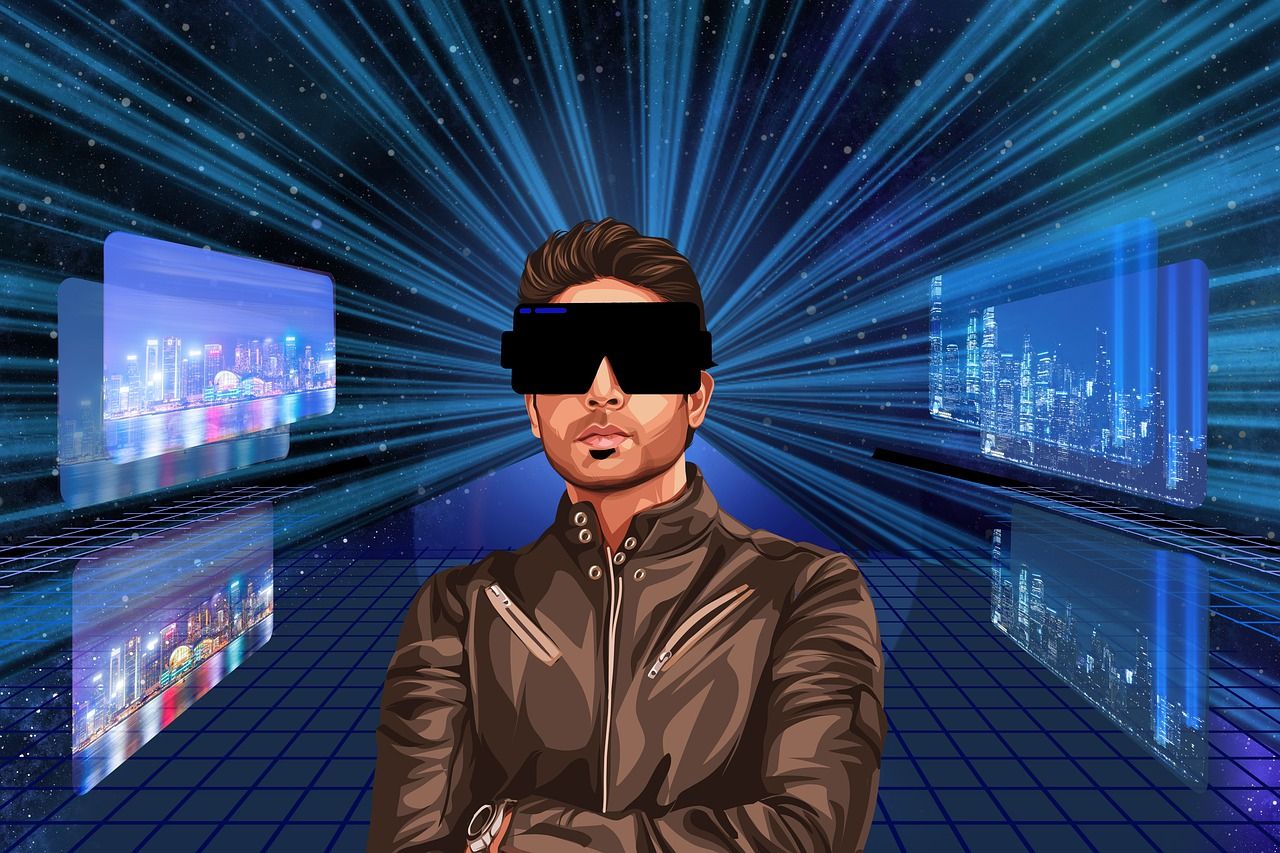- Generative AI can create content, images, audio, and virtual worlds autonomously, catalyzing widespread Metaverse adoption.
- Its convergence with the Metaverse will transform gaming, education, communication, and commerce.
The Metaverse, a virtual shared space that blends the physical and digital realms, has fascinated futurists and tech enthusiasts for quite some time. However, its potential has remained largely untapped due to technological limitations and a lack of mainstream adoption.
But the tide could be turning. According to a BanklessTimes.com data analysis, Metaverse users will surpass 600 million by 2026 thanks to Generative Artificial Intelligence (AI). That figure will more than double the roughly 300 million users active in this space currently.
How Will Generative AI Spur Metaverse Adoption?
A subset of artificial intelligence, Generative AI has gained significant attention in recent years due to its remarkable capabilities. Unlike traditional AI, which relies on explicit rules, it can autonomously create content, images, audio, and even entire virtual worlds.
Its ability to construct and populate virtual environments with interactive elements, lifelike avatars, and immersive experiences positions it as the catalyst for widespread Metaverse adoption. Alice Leetham, a respected crypto expert at BanklessTimes, emphasizes its significance to the Metaverse’s growth:
BanklessTimes Crypto expert Alice LeethamGenerative AI marks a pivotal moment in the evolution of the Metaverse. It empowers users to co-create and personalize their virtual experiences, bridging the gap between imagination and reality. As we witness its integration within Metaverse applications, it is no longer a question of ‘if,’ but ‘when’ the Metaverse will become an integral part of our daily lives.
Global Implications of Metaverse Adoption
The convergence of Generative AI and the Metaverse can transform numerous industries. For instance, as more users flock to the Metaverse, traditional gaming is set to evolve into more open-ended, player-driven experiences. Entire virtual economies may emerge, facilitating the creating and exchanging of digital in-game assets with real-world value.
Educational institutions could also adopt this technology for interactive learning, catering to individual learning styles. Its integration into everyday life will redefine how people connect, communicate, and collaborate worldwide. Virtual meetings, conferences, and social gatherings may become commonplace, transcending physical and cultural barriers.
Furthermore, the growing adoption of the Metaverse could revolutionize digital commerce. Generative AI’s ability to facilitate seamless content creation may lead to thriving virtual marketplaces. Here users can design, own, and trade virtual assets, blurring the lines between the physical and digital economies.
This paradigm shift will open new opportunities for entrepreneurs and businesses to monetize their creativity and ideas within the metaverse. Additionally, it will create a decentralized economy where users can earn real-world income through virtual activities, fostering a more inclusive and diverse global financial landscape.
Security and Privacy Concerns
However, data privacy and security concerns will intensify with a significant portion of the population participating in the space. Ensuring the safety of user data and guarding against virtual threats will become paramount.
Governments worldwide will be challenged to create suitable regulations to safeguard users and preserve fair market competition. Moreover, the transformative power of the Metaverse may exacerbate existing inequalities if access to this digital landscape remains limited due to infrastructure, cost, or lack of digital literacy.
Addressing these issues will be essential to ensure the benefits of the Metaverse are accessible to all.












